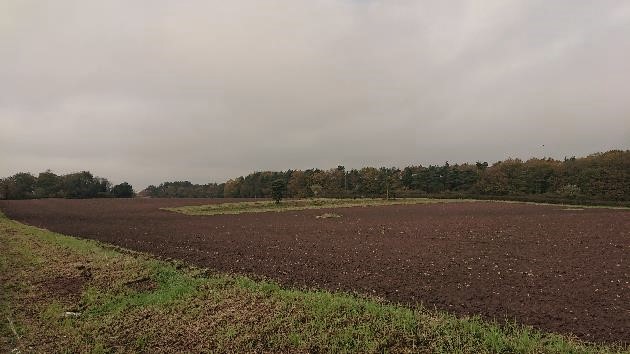Learn to better manage forage resources for both livestock and other animals.
 For farm animals
For farm animals- For wildlife
- For sustainable ecosystems
To manage forage resources, you need to have a good understanding of both the plants growing in an area, and the animals that graze on those plants. It requires an appreciation of plant and animal ecology and the impacts which man can have on that ecology.
This self-paced 100 hour course will give you a detailed insight into forage management and practices.